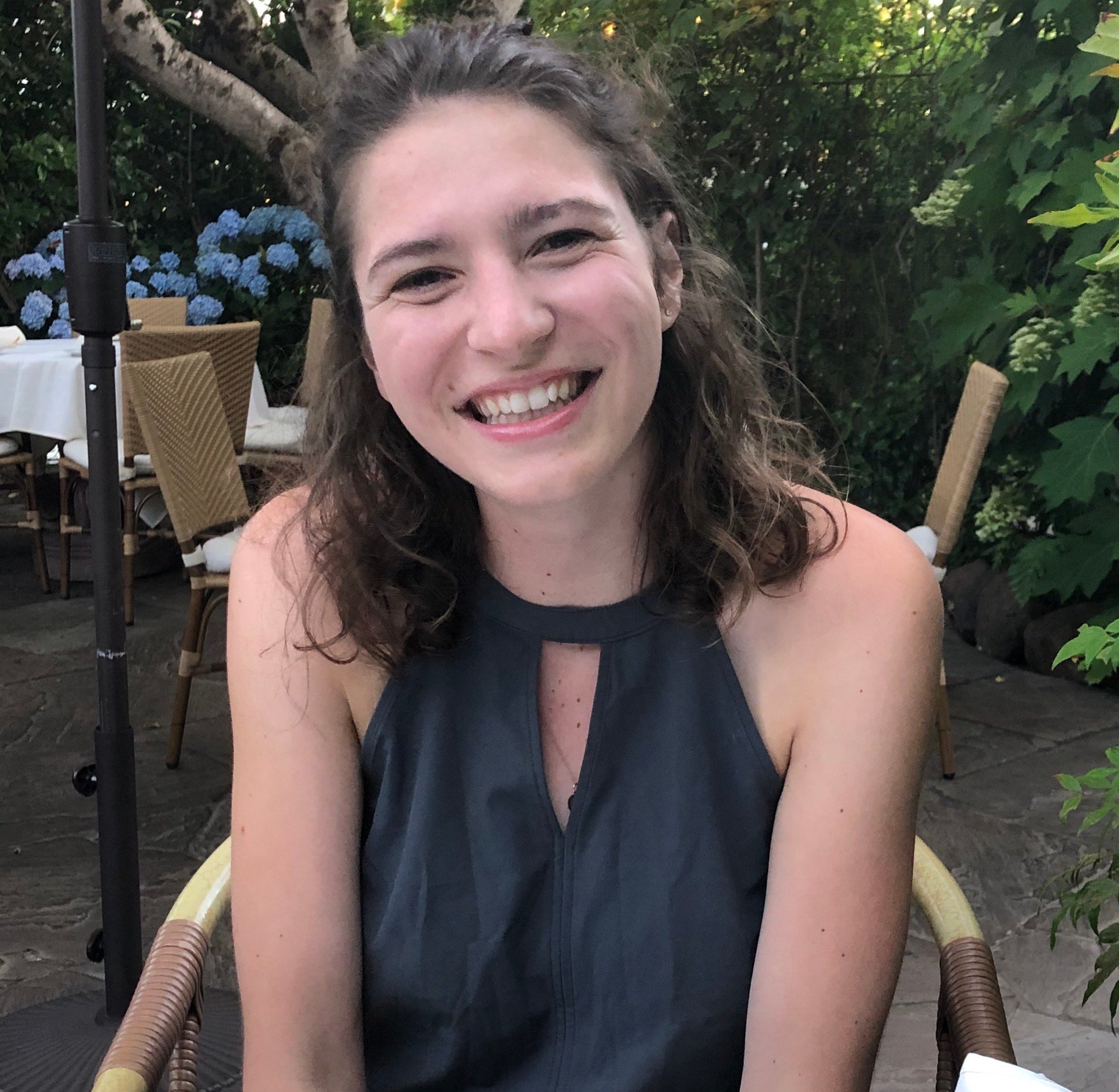Contrary to what I knew in high school, a person who loves biology does not have to become a physician. That is why I began undergrad as a bright-eyed pre-med student, convinced I would be a pediatric neurologist. Spoiler alert: I did not pursue medicine. I didn’t even stick with neuroscience. I am now a PhD student in a microbiology laboratory. But how did I navigate this choice? If you are having doubts about your desire to be a doctor, I understand. Here is what I learned over the years that may help you:
Try it out!
Give yourself the opportunity to see what a given career path would be like. Shadow a physician at your local hospital. Work in a research laboratory over the summer. Pay attention to what you enjoy and what you do not.
Keep in mind, every laboratory and hospital is different. There are infinite areas of research to explore, and many specialties that physicians can choose. Make sure to identify why you liked or didn’t like a certain experience so you can recognize if it was the experience itself (a tough boss, mean coworkers, boring work) or the career that you are not interested in.
What do you love?
So, you find biology interesting. But what do you love about it? Do you love learning how humans work? How body parts work together to create an incredibly complex being? Or do you like understanding how plants grow and respond to their environments? Do you like building and creating new things?
I suggest you think about this question a lot. It might hit you at the strangest moment, and it may change over time. But following that passion and those questions can lead you to some amazing experiences in undergrad and prepare you well for either medicine or a research position.
Once you have an idea of what you love, it might be helpful to go to a trusted mentor. Ask them if they think your desires fit well into one career or another. Faculty members that sit on admissions committees are particularly valuable – they are used to identifying students that will do well in their programs and are passionate about the field.
What are you willing to do?
I was perusing a hospital website, looking for volunteer opportunities. It listed about twenty potential jobs and asked which I would prefer to do. I couldn’t select one. That is when I called my mom and asked her, “Is it okay if I’m not a doctor?” I bent over backwards to prepare myself for graduate school. I worked long hours in the lab and spent lots of time thinking about the next steps I needed to take to build my application. But any time I thought about doing something to prepare for a future of medicine, including studying for the MCAT, I could never bring myself to do it. Listen to your motivation and where you prioritize your time, it often can tell you what you care about (and what you don’t).
Why do you want to be a doctor?
Following the grueling training path for an MD or PhD is challenging. It is exciting to develop your skills as a physician or scientist, but it is a huge investment of both time and money. Taking the time to reflect on why you are pursuing this career can give you a why when things get hard. It will also help you write your personal statements.
Remember, there is no wrong choice here. Whatever you choose, I am sure it will be a fantastic experience! I wish you the best of luck on your journey!


Comments